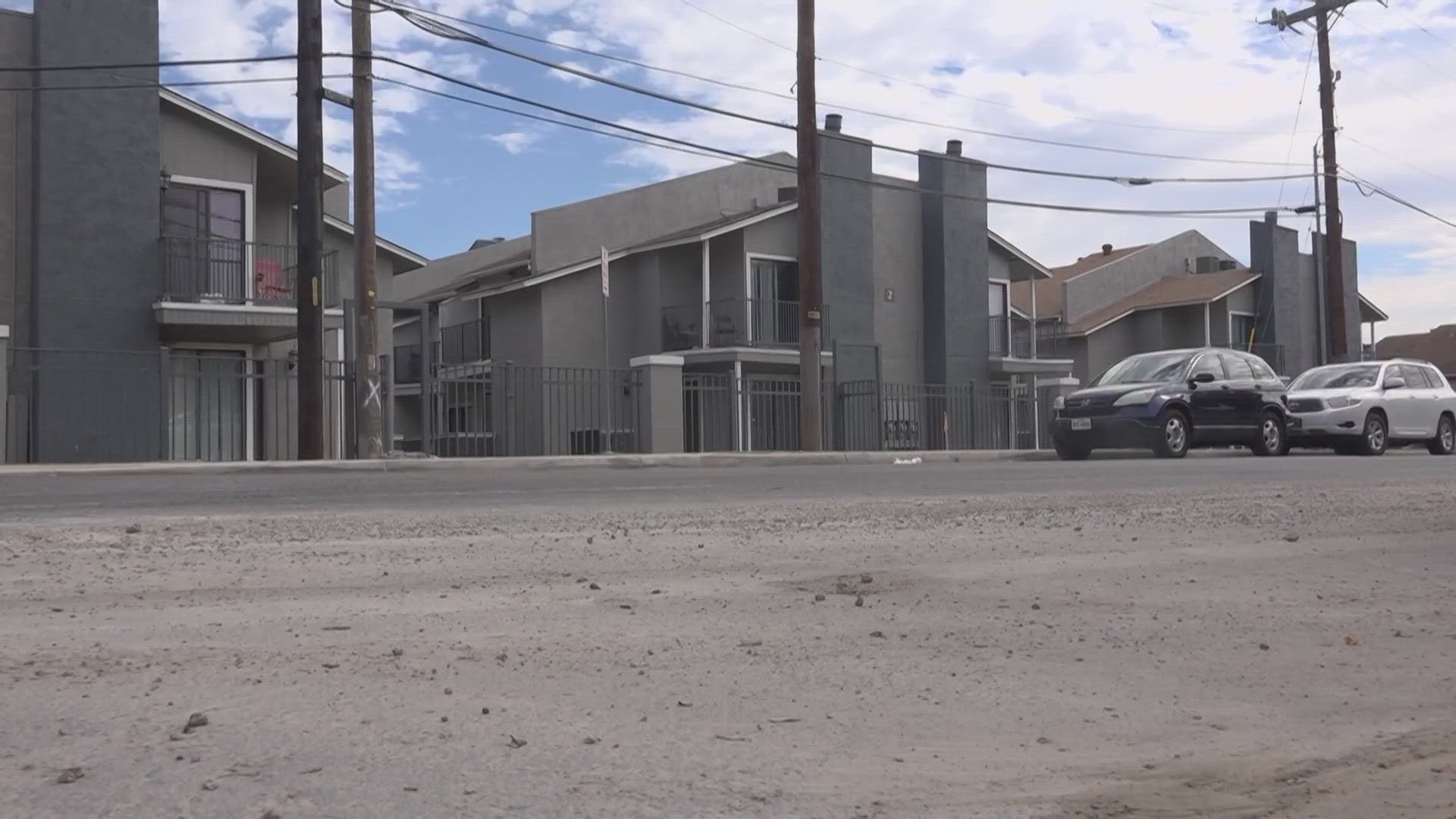SAN ANTONIO — San Antonio City Council approved a new program to increase apartment inspections at complexes failing to meet the city’s maintenance and safety codes.
The Proactive Apartment Inspections Program was formulated after issues at the Seven Oaks and Wurzbach Manor apartment complexes were highlighted by tenants last summer.
The Texas Organizing Project called the move “long overdue” and had several people who spoke in support of the program.
“We need to get this ordinance passed because a lot of people are suffering because landlords don’t care,” James Hamilton, a District 3 resident told city council during public comment.
One woman said that she had no A/C or heat in her unit in the two years she lived there.
According to city statistics, the most common types of violations are interior, overgrown yards and trash, and water or sewer leaks.
A memo from City Manager Erik Walsh to the Mayor and city staff says the Code Enforcement division considered creating the program over a decade ago, but didn’t get community support.
City staff say the “Bad-Actor” program would change city code to require apartment complexes with three violations in six months to register to the city and be subject to additional inspections. Apartments would be charged a fee to be a part of the program.
Amin Tohmaz, deputy director of the Development Services Department says they have two code officers specifically trained to target nuisance properties.
“All the code officers need to be up to speed. We scheduled training next week to train every code officer on this program. They will not be 100% enforcing this ordinance but they’ll be inspecting originally,” Tohmaz said.
The goal of the ordinance is to incentivize good property management and to hold apartment property owners more accountable. If a property is registered with the city, they are subject to monthly inspections of up to 5% of individual units each month for a six-month period.
The registration fee to be a part of the program is $100 per unit each year. Estimates from city staff project it could bring $300,000 of revenue into the city assuming 15 complexes with 200+ units have to be registered.
“It’s good. It should’ve been his way from the very beginning,” Janet Uhler, a former resident of Seven Oaks told KENS 5 about the program. According to the city, Seven Oaks, which has since re-branded, is in compliance except for an issue of fixing staircases.
The city would send information on notices to property owners, and give them the option to appeal the citation within 10 days of getting the notice.
The program had overwhelming approval from council however Councilman Clayton Perry called it an additional level of “bureaucracy” and was concerned property owners would pass the cost of the fines onto its renters.
“I’d rather see that money go into fixing the problem,” Councilman Perry stated. Tohmaz says it can’t prevent landlords from passing the cost to tenants, but if they get reports of rent increases specifically targeted to residents who filed a complaint, the city could take action against the landowner.
The program becomes effective on April 2. Previous code violations would not count towards the three strikes once the program begins.
If a property gets three citations, it’ll remain on a registry for a minimum of six months.

